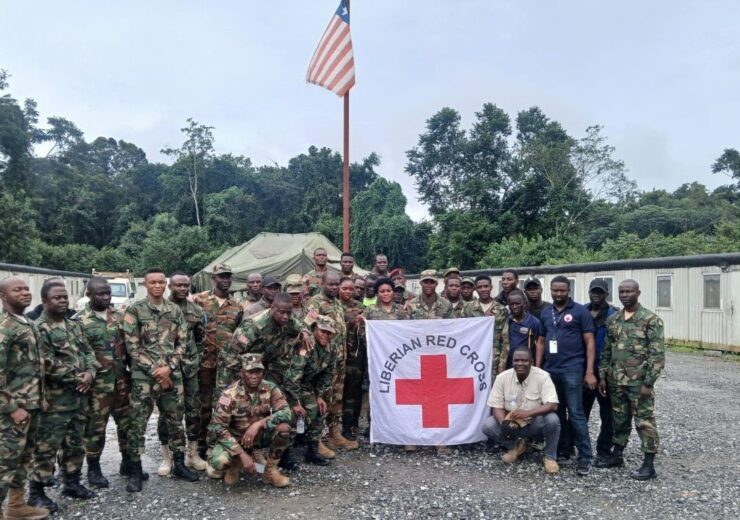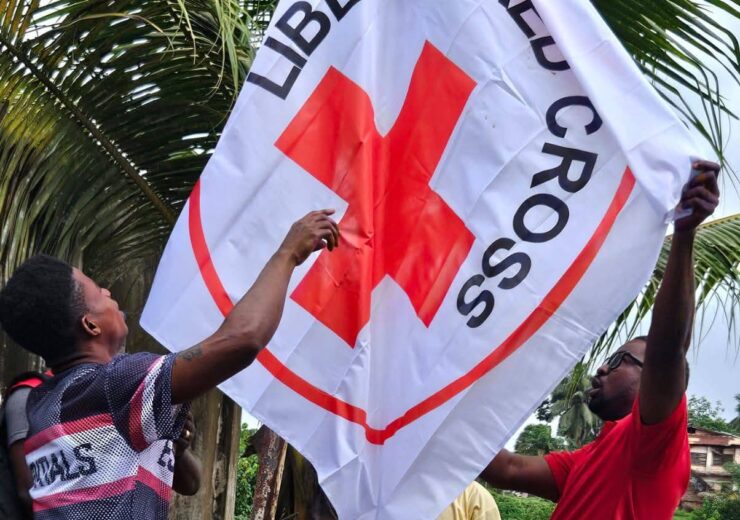VALUES, POWER, AND INCLUSION
At the heart of the Liberia National Red Cross Society (LNRCS) lies a profound commitment to upholding human dignity, promoting equality, and creating an inclusive society. The LNRCS understands that true humanitarian action must go beyond immediate relief—it must also address the underlying social and structural barriers that marginalize vulnerable groups.
Through its Values, Power, and Inclusion (VPI) program, the LNRCS ensures that its humanitarian services are inclusive, gender-sensitive, and accessible to all, especially women, children, persons with disabilities, and those often left behind. This commitment is embedded across all areas of work, from emergency response and health services to leadership and governance.
In a society like Liberia, where patriarchal norms and gender disparities remain deeply rooted, the LNRCS has made it a priority to challenge unequal power dynamics and promote the full participation of women and girls. The National Society has integrated gender mainstreaming into all its activities, including recruitment, volunteerism, programming, and leadership development.
One of the most notable achievements has been the increase in female representation from 26% in 2016 to 49% in 2020, a direct result of deliberate strategies, leadership training, and the establishment of the LNRCS Women’s Forum. This forum serves as a platform to advocate for women’s empowerment, leadership opportunities, and the removal of systemic barriers to participation. The LNRCS also ensures the full inclusion of persons with disabilities in both its internal operations and external humanitarian activities. From policy to practice, the National Society promotes accessibility and actively engages people with disabilities in program planning and implementation.
During the COVID-19 pandemic, individuals with disabilities were recruited and served as Red Cross volunteers, a testament to LNRCS’s inclusive approach. Currently, more 12 persons with disabilities are serving either in management or governance positions in across the country. This is further strengthened by Liberia’s ratification of key international conventions, including the UN Convention on the Rights of Persons with Disabilities, and LNRCS’s efforts to align its programming with these global standards. To uphold the highest ethical and safeguarding standards, the LNRCS has developed a suite of policy documents, including those on Protection Against Sexual Exploitation and Abuse (PSEA), Child Safeguarding, Whistleblower Protection, and Gender and Inclusion. These policies guide the organization in maintaining a safe environment for staff, volunteers, and the communities it serves. The LNRCS also conducts regular PSEA assessments across all 15 chapters, delivers protection and human rights training, and facilitates peer support networks to foster a culture of accountability, safety, and mutual respect.
Looking ahead, the LNRCS remains determined to amplify the voices of the marginalized, enhance community resilience through inclusive practices, and sustain momentum toward gender parity and equitable participation. By embedding inclusion in all policies, operations, and leadership structures, the LNRCS contributes not only to effective humanitarian response but also to the long-term transformation of Liberian society. With strong support from donors, local partners, and communities, the LNRCS is committed to advancing a future where dignity, access, safety, and participation are not privileges, but universal rights enjoyed by all.



